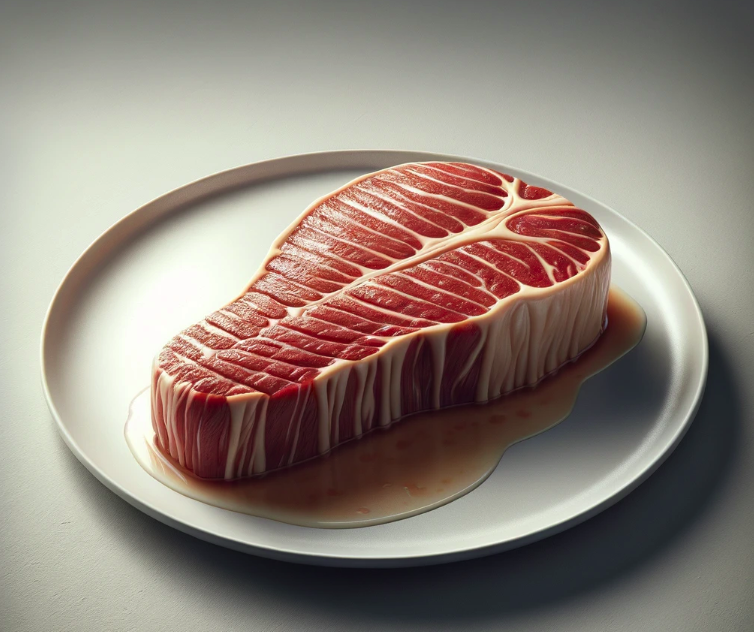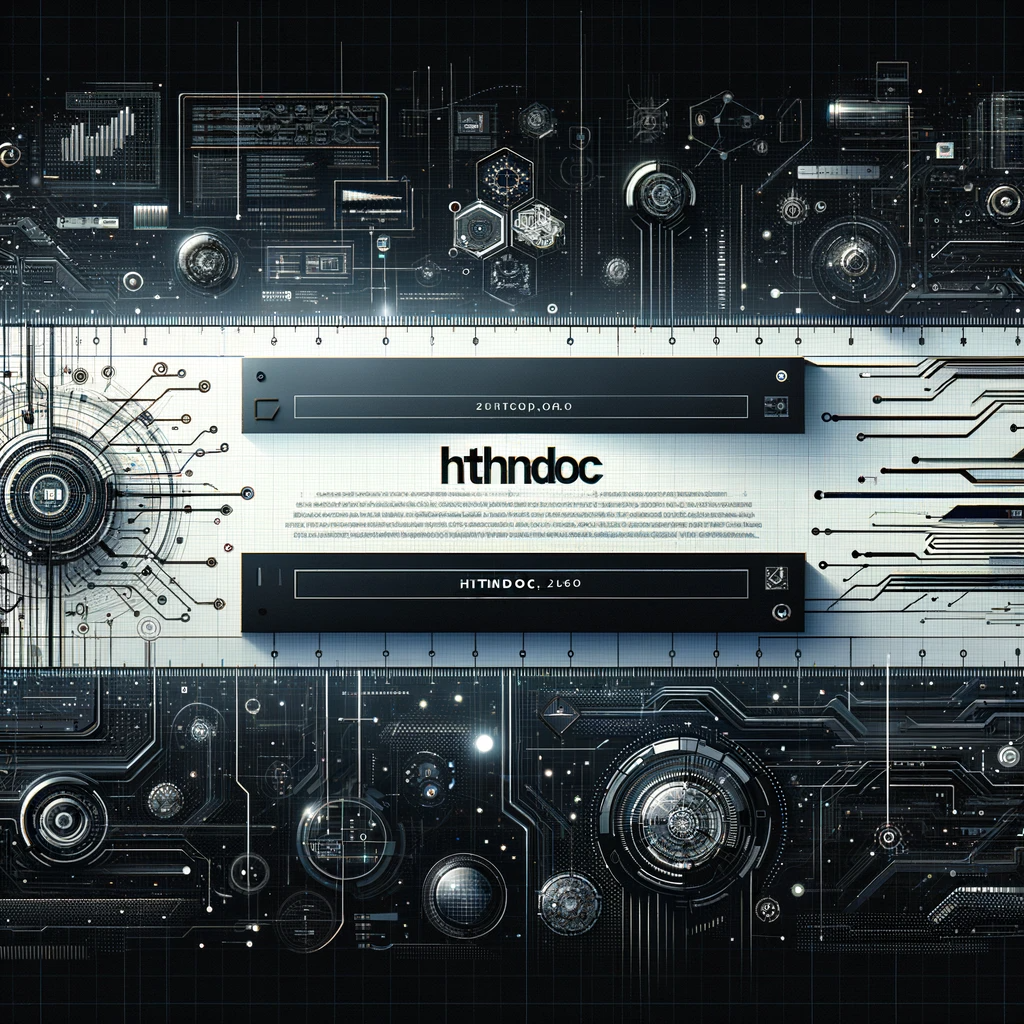Synthetic Meat: A Culinary Revolution or a Step Too Far?
Synthetic Meat
Synthetic meat, also known as lab-grown or cultured meat, is a groundbreaking development in the food industry. It promises a future where meat is produced without the need to raise and slaughter animals. But is it all positive? This article dives deep into the pros and cons of synthetic meat, exploring its implications for health, the environment, and the economy.
The Science Behind Synthetic Meat
Understanding how synthetic meat is created is key to appreciating its potential. It involves culturing animal cells in a lab to grow meat that mimics traditional animal flesh. This section explains the scientific process in an easy-to-understand manner, highlighting the technological advances that have made synthetic meat a reality.
The Health Implications
Pros:
- Reduced Risk of Contamination: Synthetic meat is produced in a controlled environment, potentially lowering the risk of bacterial contamination like E. coli or Salmonella.
- Customizable Nutrient Profile: The ability to modify the nutrient content, like reducing fat or increasing vitamins, can make synthetic meat a healthier option.
Cons:
- Long-Term Health Effects Unknown: As a new product, the long-term health impacts of consuming synthetic meat are not yet fully understood.
Environmental Impact
Pros:
- Lower Carbon Footprint: Cultured meat production requires significantly less land and water and may produce fewer greenhouse gases compared to traditional meat farming.
- Conservation of Biodiversity: Reduces the need for deforestation and habitat destruction for grazing and feed production.
Cons:
- Energy Consumption: The current production process is energy-intensive, which could offset some environmental benefits.
Ethical Considerations
Pros:
- Animal Welfare: Cultured meat production eliminates the need for animal slaughter, addressing major ethical concerns about animal welfare in meat production.
Cons:
- Accessibility and Equity: There are concerns about whether synthetic meat will be accessible and affordable to all socio-economic groups.
Economic Implications
Pros:
- New Job Opportunities: The synthetic meat industry could create new jobs in biotechnology, manufacturing, and retail.
Cons:
- Disruption of Traditional Farming: Could negatively impact farmers and communities reliant on traditional livestock farming.
Consumer Acceptance and Taste
How does synthetic meat compare to traditional meat in terms of taste and texture? This section delves into consumer acceptance levels and the ongoing efforts to improve the sensory experience of synthetic meat.
Regulatory Landscape
Understanding the regulatory challenges and the status of synthetic meat in various countries is crucial for both consumers and producers. This section outlines the current legal framework governing synthetic meat production and sale.
The Future of Synthetic Meat
What does the future hold for synthetic meat? Here we explore potential advancements, market growth, and the role of synthetic meat in our future diets.
A Comparative Analysis with Plant-Based Meats
How does synthetic meat stack up against plant-based alternatives? This section provides a comparative analysis of the nutritional value, environmental impact, and consumer preferences.
FAQs on Synthetic Meat
Addressing common questions and misconceptions about synthetic meat helps in forming a well-rounded understanding of this innovative product.
Synthetic meat presents a fascinating blend of science, ethics, and culinary innovation. Its potential to revolutionize our food system is immense, but it also comes with challenges and uncertainties. As technology advances and more research is conducted, synthetic meat could very well become a staple in our diet, offering a sustainable and ethical alternative to traditional meat. However, it is crucial to continue exploring its impacts and refining the technology to ensure it benefits both people and the planet.





